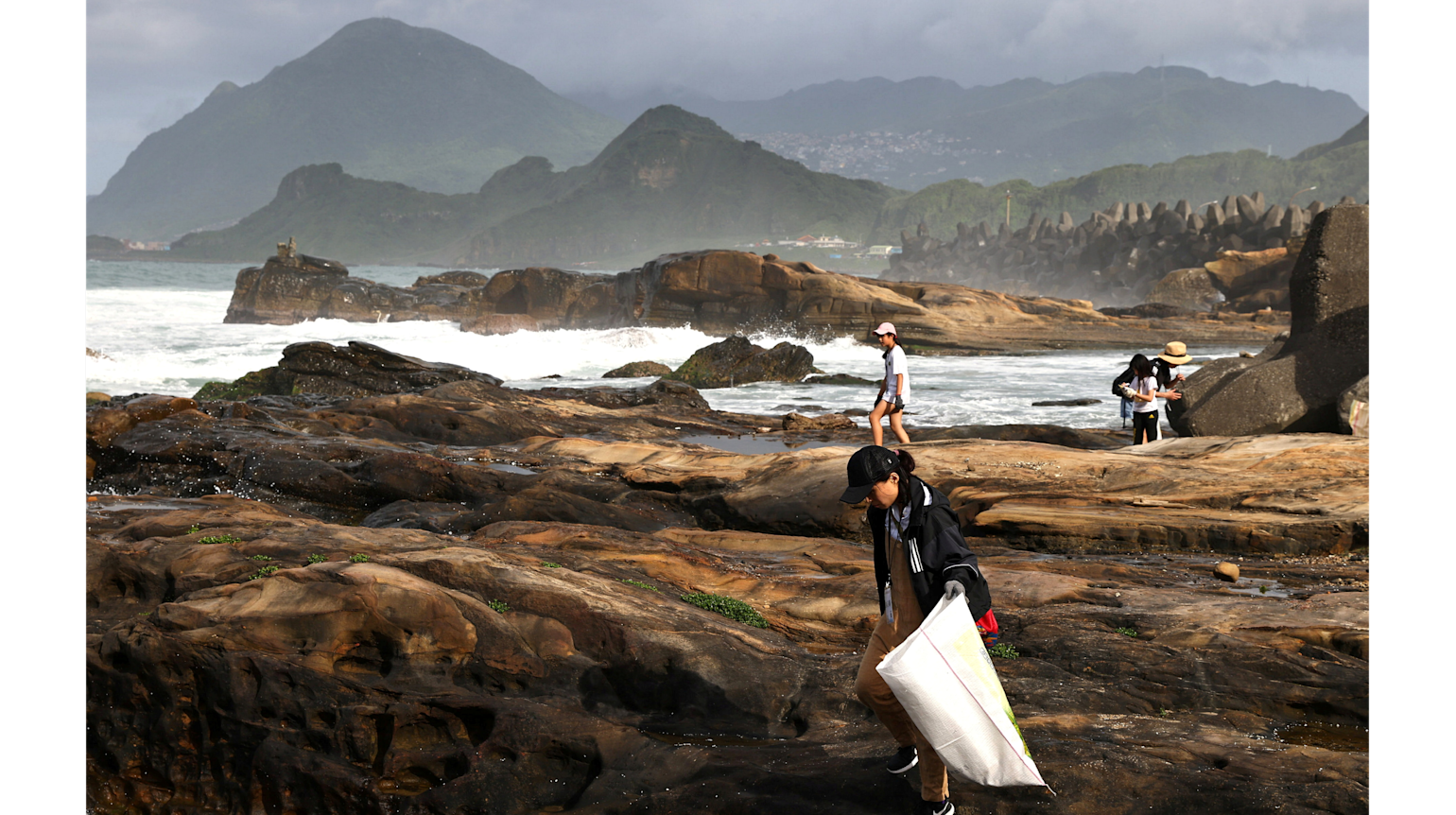Coronavirus (COVID-19) Updates
For the latest COVID-19 information and updates from Qatar Foundation, please visit our Statements page

The practice of abstention during Ramadan should also make us think about how we treat our environment, says Sulaiman Bah. Image source: Hasan Zaidi, via Shutterstock
Sulaiman Bah, Community Engagement and Outreach Coordinator, Minaretein (Education City Mosque) on how the lessons of the Holy Month can raise our environmental consciousness
Another blessed month of Ramadan has come. For the second year running, the COVID-19 pandemic lingers in the background, overshadowing all of humanity’s activities. And this year, Earth Day also fell within the first half of Ramadan. What can these three events teach us?
If there’s one thing that Ramadan can teach us about sustainability, it is that one day is not enough to get rid of bad habits. But they have a lot of things in common; just as Ramadan is the conscious and willing decision to abstain from food, water and other bad habits for the sake of Allah, Ramadan gives us an opportunity for 30 days of practice, because practice makes permanent.
We have to practice developing the norms of more sustainable lifestyles, of using only what we need and leaving the rest for others.
Likewise, Earth Day heightened awareness about our need to abstain from our hyper-consumerism and other behaviors that increase the perils of climate change and environmental degradation. We have to practice developing the norms of more sustainable lifestyles, of using only what we need and leaving the rest for others.

Sulaiman Bah
Fasting is a conscious act of worship to seek the reward from Allah, and we’re also its prime beneficiaries - that we become better versions of ourselves, or at least that is the aim. The small efforts and steps we take add up, if we all combine our efforts. In the same way, the entire human family can work to raise the bar of environmental consciousness, so that we become environmental stewards on Earth, taking care of the trust that Allah has created for us as a home for all living creatures.
One lesson the pandemic has made us realize is that we need each other, and that we need to act together and with urgency before it’s too late.
One lesson the pandemic has made us realize is that we need each other, and that we need to act together and with urgency before it’s too late. When it’s too late, and we’re all standing there complaining and dealing with the consequences, that’s not going to change a situation that we could have avoided in the first place. So, we need all hands on deck, making small but consistent efforts, moving in the same direction to redress wrongs and change the global environmental situation for the better.

Earth Day – marked all over the world, including at this beach clean-up in Taiwan – took place during Ramadan this year. Image source: Ann Wang, via REUTERS
Ramadan is a month-long celebration that also results in a lot of food waste - one of the biggest contributors of environmental waste. This Ramadan should be different; we should have a new resolve and commit to stop the carefree attitude our pre-pandemic selves indulged in. Going forward, we must develop a sense of humility and gratitude for the small things in our lives - and especially for good health.
It’s the individual responsibility of every believer to act by firstly informing themselves; secondly, to change their own behavior; and lastly, to then empower and enable that change in others.”
The Islamic faith tradition empowers the individual not to sit idly by in the face of wrongdoing: either you change it with your hands, or with your tongue (by speaking out against it), or by disliking it in your heart (not condoning or approving it). Therefore, it’s the individual responsibility of every believer to act by firstly informing themselves; secondly, to change their own behavior; and lastly, to then empower and enable that change in others. Islam doesn’t compel anyone to be in its fold; one of the main conditions of becoming a Muslim is that one enters on their own free will and with full conviction that Islam leads them to a path of moderation, truth and justice. Upon becoming a Muslim, there are rights and responsibilities which are incumbent on a person to do: believing in and living by the values that one claims to follow.
Human agency, supported by proper awareness and values-based education, should lead to the right responsible action. Those actions can’t be a one-off; instead they should be ethical and sustainable, no matter how small. In the long run, they will make the biggest positive impact on ourselves, on our communities, and on the environment.

